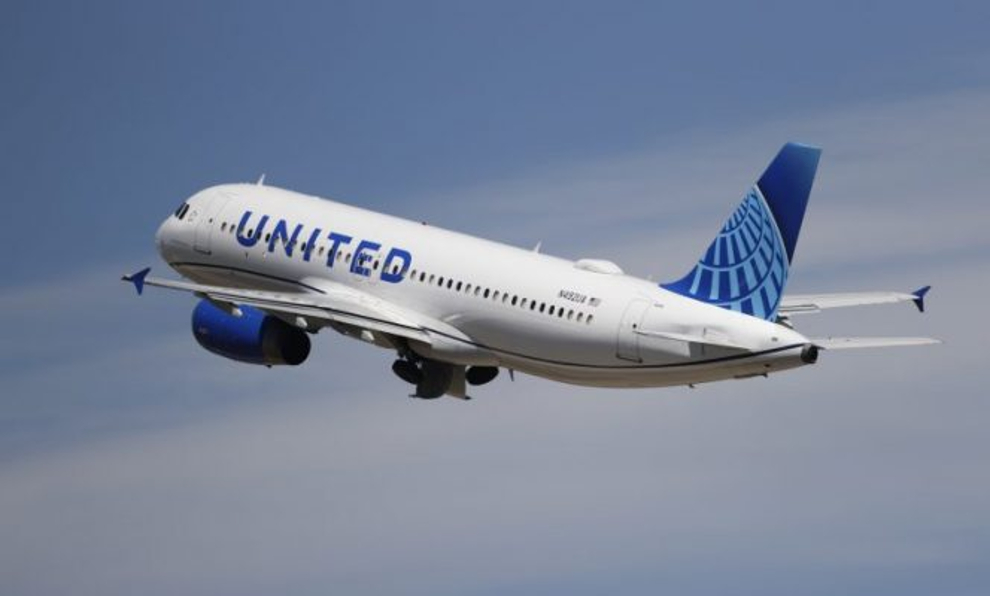Chaos in the Cabin as Drunk Passenger Delays United Flight to Denver by Nearly Five Hours
An Intoxicated Disruption Turns Newark Gate into a Scene of Tension
What was meant to be a routine flight from Newark to Denver turned into a long and frustrating ordeal for passengers aboard United Airlines Flight 2731, as a severely intoxicated traveler brought the journey to a standstill even before takeoff.
Set to depart from Newark Liberty International Airport, the flight faced a delay of nearly five hours due to the disruptive actions of a visibly drunk male passenger. His refusal to cooperate with airline staff led to heightened tension onboard, pushing the crew to the brink of deplaning the entire aircraft.
Trouble Before Takeoff
The incident unfolded aboard a United Airbus A321neo as it sat delayed at the gate. Already running nearly five hours behind schedule, the situation took a turn for the worse when the unruly passenger became the focus of growing frustration.
According to multiple accounts, the man displayed clear signs of intoxication—slurred speech, erratic behavior, and repeated failure to comply with simple instructions. Flight supervisors made several calm attempts to reach an understanding with him, requesting that he agree to behave for the duration of the flight. Despite their efforts, the man refused to cooperate.
As the possibility of forcing all passengers to leave the aircraft loomed, tension rippled through the cabin.
A Fellow Passenger Steps In
Just as the situation appeared to be headed toward full evacuation, another passenger took initiative. Speaking calmly to the disruptive individual, the fellow traveler was able to defuse the tension and convince the intoxicated man to leave the plane voluntarily.
Thanks to that timely intervention, mass deplaning was avoided, and law enforcement did not need to get involved.
A Growing Industry Challenge
This delay serves as yet another reminder of the challenges facing the airline industry when it comes to in-flight conduct. Although the peak of disruptive passenger behavior occurred during the pandemic, recent incidents suggest that such issues persist even as travel normalizes.
One contributing factor is the reduction in staffing at airport gates, which limits the ability of crews to identify and manage potentially problematic passengers before they board. Additionally, shifts in travel demographics—fewer business travelers and more leisure passengers—may be influencing the frequency and nature of these incidents.
Airline Strategy and Crew Response
In response to past controversies, United Airlines has invested in extensive de-escalation training for its staff. The goal is to manage conflicts calmly and avoid confrontations that escalate unnecessarily. In most cases, the airline prefers to resolve issues before or after flights, rather than in mid-air.
The handling of this particular case reflects that approach. Despite the disruption and long delay, the professionalism of the crew—combined with the help of a fellow traveler—ensured a peaceful outcome without police involvement.
A Reminder of the Role We All Play
This incident not only highlights the ongoing issue of unruly passengers but also illustrates the power of calm intervention and community responsibility. While airline crews are trained to handle disruptions, passengers, too, can make a difference by stepping in constructively when a situation allows.
As the flight finally departed for Denver after hours of waiting, the ordeal left many travelers frustrated but thankful that the crisis was resolved without further escalation. It’s a clear example of how patience, professionalism, and cooperation can turn a tense moment into a managed outcome—even in the high-pressure environment of air travel.

COMMENTS (0)
Sign in to join the conversation
LOGIN TO COMMENT